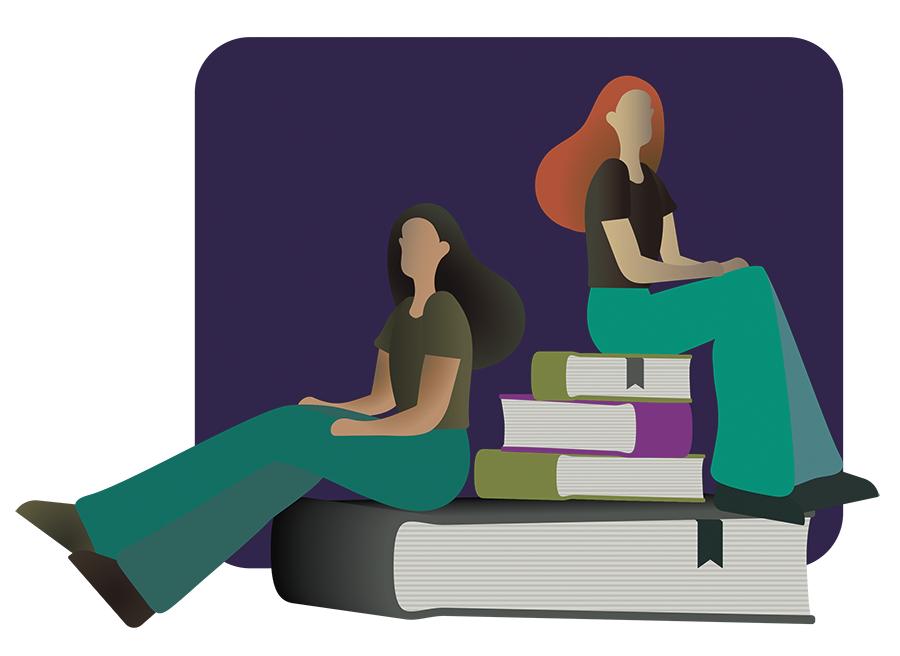Are we being too sensitive?
November 10, 2015
Free speech is but one of the key components of a democracy, and a right that Americans have been advocating for and fighting about for centuries. As a journalist, an American, and a free thinker, free speech is perhaps the most important privilege I have known.
The freedom to speak up and out on whatever may surprise, upset, or amaze is a right and a privilege the American people have been exercising for more than 200 years. Since the days of “We the people,” and into the current narrative of American life, there have been those who wish to deter and to censor the voices of the American people, and, specifically, journalists and others who work to shine light on the truth, whatever that truth may be, and from wherever it grows. The fact that there even exists an argument for or against free speech in America is an outrage to the fundamental principles this country was founded upon. The blood soaked pages of countless transcripts, books, newspapers, and cocktail napkins of the fearless warriors of free speech, whose sheer determination to tell the stories that make up our collective history are in serious risk of drying up, and falling to the wayside of a time gone by. Are we not our history in the making? What will come of us if our writers are robbed of their ink?
At the annual Correspondents Dinner in April 2015 in Washington D.C., President Barrack Obama was heard quoting foreign correspondent, Dorothy Thompson, in saying, “It is not the fact of liberty, but the way that liberty is exercised that ultimately determines whether liberty itself survives.”
More recently, President Obama spoke to a group of university students in Iowa on the topic of restricting language on college campuses in the United States. He spoke of his own college experience, and that it was his participation in controversial dialogue that ultimately expanded his perception and world views, and that without that same experience, young people run the risk of remaining narrow-minded, thereby wasting the opportunity to learn more than work skills in 2, 4, or 6-year college experiences.
With these remarks in mind, the President seems to be in touch with the softening of the American Morale, or, as George Carlin so eloquently put it, the implementation of “soft language.” Over the past several decades, America has shed its tough, gritty exterior, to expose a wussified version of itself. This is not only apparent on college campuses, but in everyday conversation, and even in comedy clubs.
We once had carte blanche to reveal the horrors of the world, in all its gore and glory, to an otherwise suspecting crowd of young people, to the tune of ironical anecdotes, one liners, and clever puns. Now, however, many comedians are suffering from a push for silence concerning issues that the overly sensitive find to be “offensive to their values,” as if to say that talking about something means speaking for it! This is clearly not the case, but, seemingly, only to those with the presence of mind to separate the two.
In closing, I would just like to add that the very fabric of our rights as a free nation hangs in the balance now, as so many fight against their own best interests, in the effort to make a more comfortable land. To this I say: get over yourself! It isn’t all about you.































